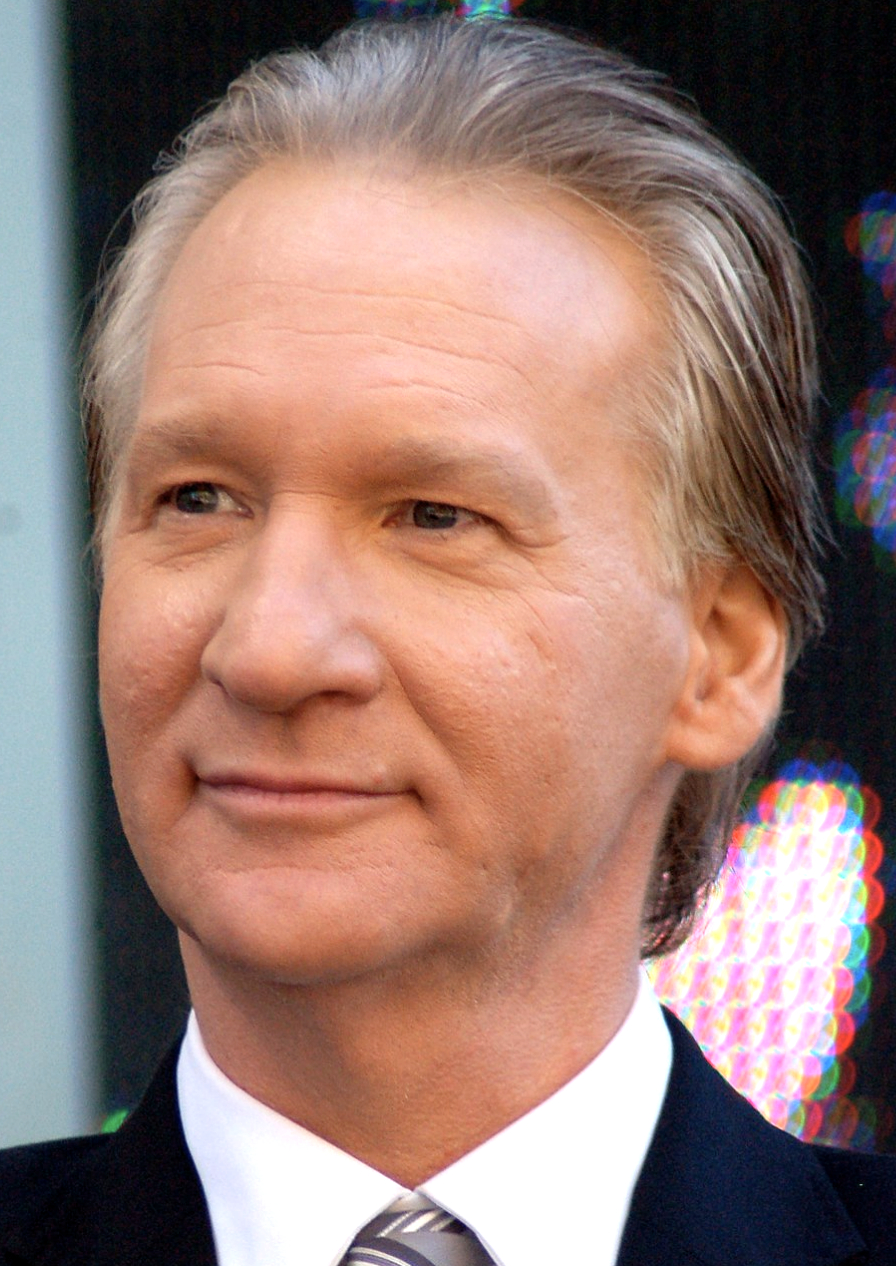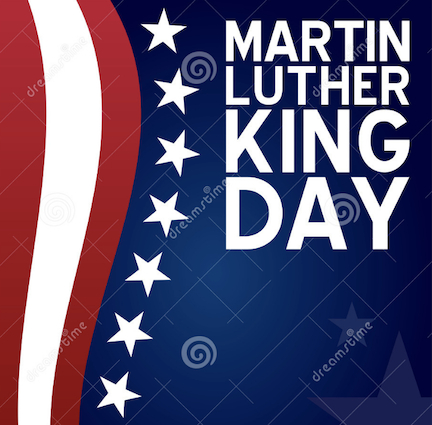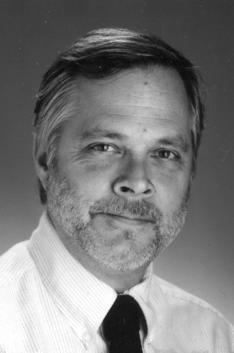January 20
- “Faith means making a virtue out of not thinking.”
- “Religion is dangerous because it allows human beings who don’t have all the answers to think that they do.”
- “Rational people, anti-religionists, must end their timidity and come out of the closet and assert themselves. And those who consider themselves only moderately religious really need to look in the mirror and realize that the solace and comfort that religion brings you actually comes at a terrible price.”
- “If you belonged to a political party or a social club that was tied to as much bigotry, misogyny, homophobia, violence, and sheer ignorance as religion is, you’d resign in protest. To do otherwise is to be an enabler, a mafia wife, for the true devils of extremism that draw their legitimacy from the billions of their fellow travelers.”
- “If you believe that the world is going to come to an end — and perhaps any day now — does it not drain one’s motivation to improve life on Earth while we’re here?
Bill Maher

On this date in 1956, William Maher was born in New York City to a Jewish mother and Catholic father. He was raised Catholic until age 13, when his father quit the church due to its anti-abortion stance. Maher, a comedian, political commentator and television host is known for the HBO talk show “Real Time with Bill Maher” (2003 to this writing in 2023) and the late-night show “Politically Incorrect (1993–2002), originally on Comedy Central and later on ABC.
He was raised in River Vale, N.J., and attended Cornell University, graduating with majors in history and English. Maher started his stand-up comedy career in 1979. Maher has also written several best-sellers, including True Story (2005), Does Anybody Have a Problem with That? Politically Incorrect’s Greatest Hits (1997), When You Ride Alone, You Ride With Bin Laden (2002), New Rules: Polite Musings from a Timid Observer (2006) and The New New Rules: A Funny Look at How Everybody But Me Has Their Head Up Their Ass (2011). He was number 38 on Comedy Central’s 2005 list of the 100 greatest stand-up comedians of all time. He received a Hollywood Walk of Fame star in 2010.
Maher’s comedy often throws comedic punches at organized religion. “Religulous” (2008), one of the highest grossing documentaries of all time, features Maher interviewing believers from different faiths, which generates many laughs and concludes with a more serious warning on the danger of religion. He said on “Real Time” on Feb. 17, 2006: “New rule: If churches don’t have to pay taxes, they also can’t call the fire department when they catch fire. Sorry reverend, that’s one of those services that goes along with paying in. I’ll use the fire department I pay for. You can pray for rain.”
He has been strongly criticized by the mainstream medical community for his often expressed skepticism about “Western” medicine and the efficacy and dangers of vaccines and for having show guests who promote “anti-vax” views. The consensus is that Maher, with no medical or science training, is spreading potentially fatal misinformation. Dr. David Gorski, a surgeon and graduate program faculty member at Wayne State University, says that “HBO, by airing Maher’s show, is complicit in spreading antivaccine quackery to a worldwide audience.” (Science-Based Medicine online, Nov. 4, 2019.)
He said on “Real Time” in April 2008: “If you have a few hundred followers and you let some of them molest children, they call you a cult leader. If you have a billion, they call you pope.” He told Jay Leno on “The Tonight Show” in 2004: “I hate religion. I think it’s a neurological disorder.” Maher lines from “Religulous,” in which he refers to himself as agnostic:
“When I hear from people that religion doesn’t hurt anything, I say, really? Well besides wars, the Crusades, the Inquisitions, 9-11, ethnic cleansing, the suppression of women, the suppression of homosexuals, fatwas, honor killings, suicide bombings, arranged marriages to minors, human sacrifice, burning witches, and systematic sex with children, I have a few little quibbles. And I forgot blowing up girl schools in Afghanistan.”
— Maher, interview with Don Imus on Fox TV (Nov. 1, 2009)
King Jr., Martin Luther (Federal Holiday)

The Martin Luther King Jr. federal holiday is observed on the third Monday in January.
“I endorse it. I think it was correct. Contrary to what many have said, it sought to outlaw neither prayer nor belief in God. In a pluralistic society such as ours, who is to determine what prayer shall be spoken, and by whom? Legally, constitutionally or otherwise, the state certainly has no such right. I am strongly opposed to the efforts that have been made to nullify the decision. They have been motivated, I think, by little more than the wish to embarrass the Supreme Court. When I saw Brother [George] Wallace going up to Washington to testify against the decision at the congressional hearings, it only strengthened my conviction that the decision was right.”
— King, on the Supreme Court’s decision striking down public school prayer (Playboy magazine interview conducted by Alex Haley, January 1965)
Fred Whitehead

On this date in 1944, Fred Whitehead was born in Pratt, Kansas. He graduated from the University of Kansas in 1965 and earned his Ph.D. in English from Columbia University in 1972. Whitehead, an editor and freethought historian, edited the quarterly newsletter Freethought History, which describes the history of atheism and freethought. He writes articles for publications, including Free Inquiry.
With Verle Murher, Whitehead edited Free-thought on the American Frontier (1992), a collection of essays from early freethinkers of the American West. Whitehead and Murher wrote: “From the earliest days of colonization, there has been a struggle between Christianity and freethinkers on this continent.” In 1989 Whitehead was given an Award for Exceptional Service by the Kansas Writers Association. He edited Culture Wars: Opposing Viewpoints, published in 1994.
“Far from being marginalized, as is presently the case, nineteenth-century freethought was a social movement at the core of our national life.”
— "Free-thought on the American Frontier," eds. Fred Whitehead and Verle Murher (1992)
